BUYER'S GUIDE




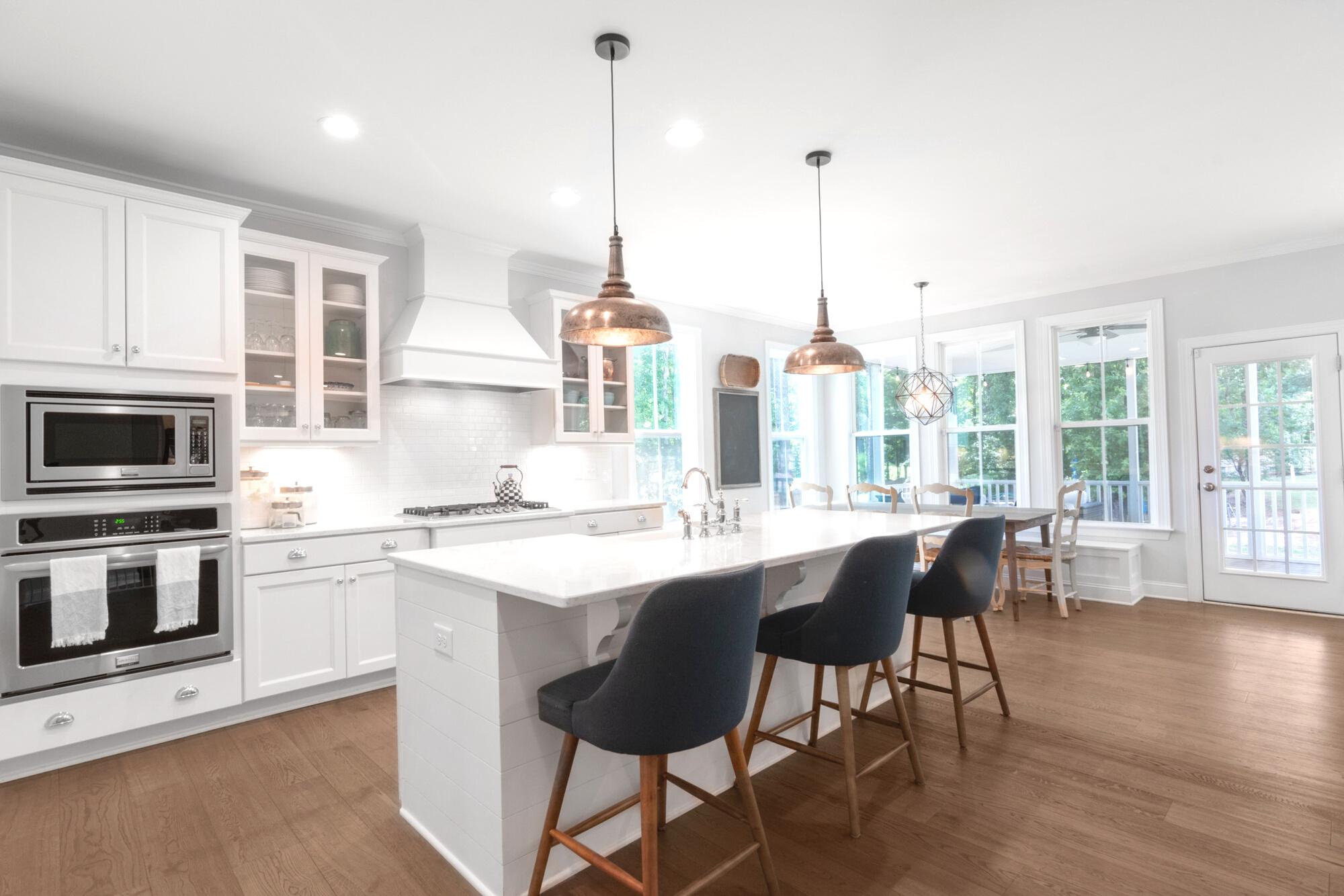
But 1st, Get Pre-Approved!
Pre-Qualified vs Pre-Approved
Which Loan is Right for You?
Questions to Ask Lenders
Home Loan Application Checklist
House Wants & Needs List

House Hunting Tips
Homeowners Insurance
Title Insurance
Closing Day

the luxury
estate market, Tracie Hall is a nationally recognized agent with Keller Williams Coastal and known for selling the 2021 HGTV Dream Home. She is renowned among her clients and colleagues alike for her integrity, loyalty and professionalism.Tracie is committed to providing the attention to detail that the modern, savvy and discerning client

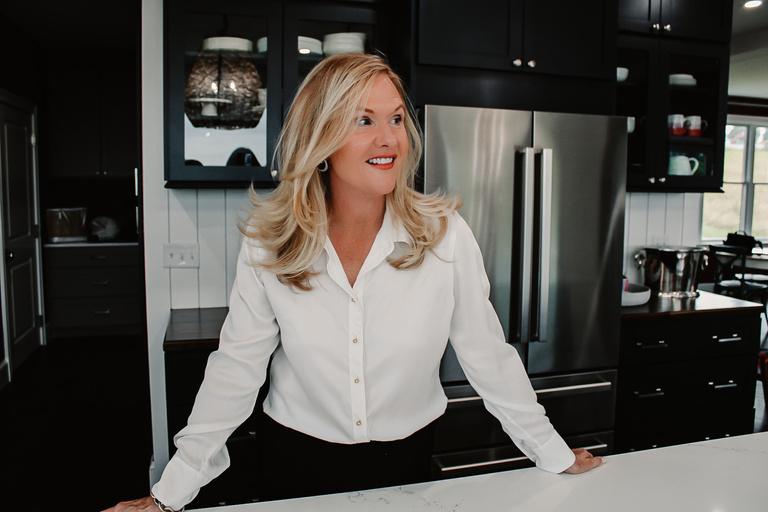
Tracie brings to her real estate career over 20 years of sales, marketing and customer service. She is known for selling some of the most prestigious properties in Rhode Island, however her expertise extends across all neighborhoods and property types, giving her a unique ability to present her clients with specific information as well as real-time market overviews and analyzed data. She goes above the status quo to help her clients.
an eye to your particular taste and needs, Tracie is ready to show you the finest listings. You can rely on her to help you realize the full potential of your real estate investment. She always successfully procures the goals of the buyers and sellers she represents. She is licensed in Rhode Island and Massachusetts.
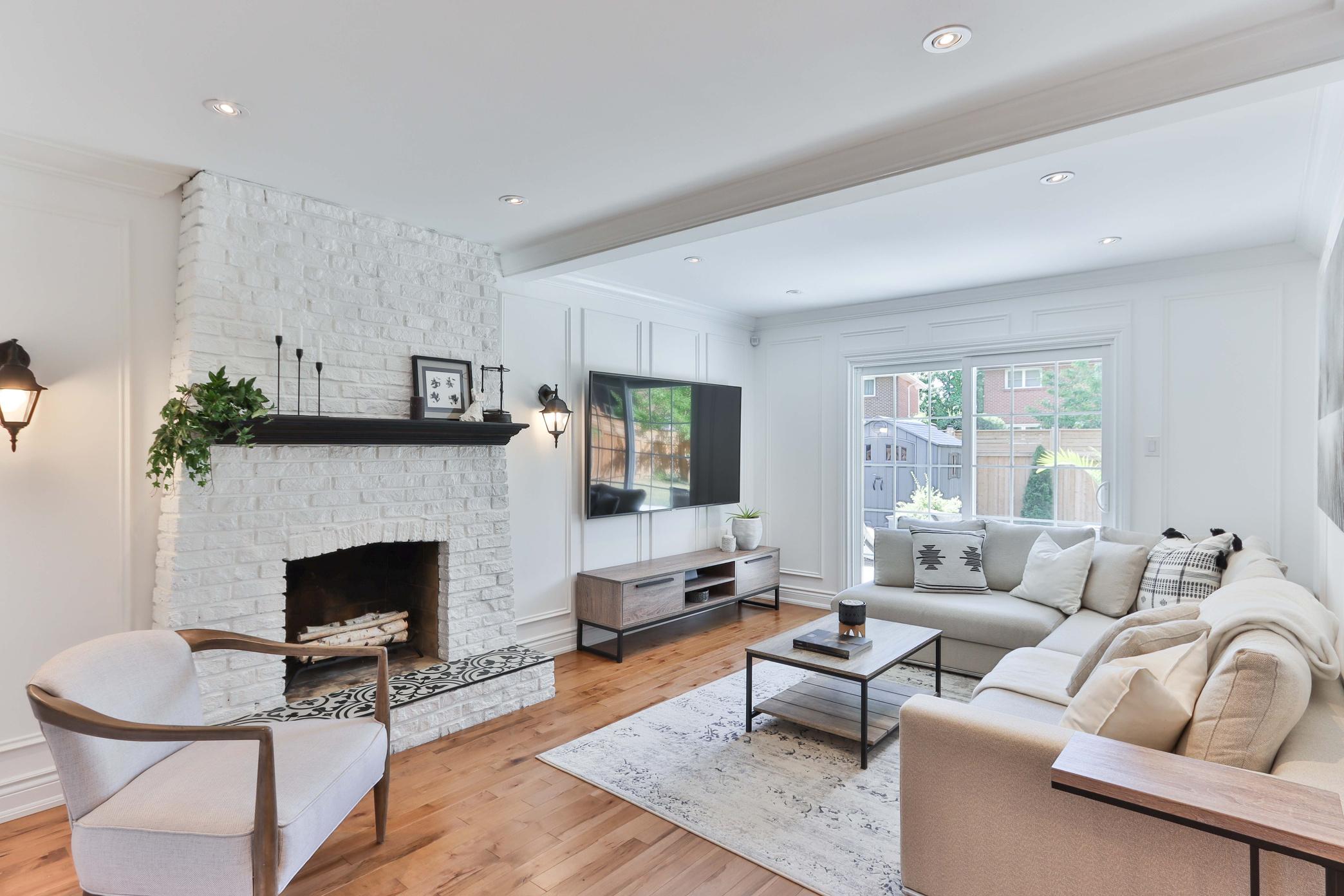

Since different states have different laws, forms and guidelines, we gathered our previous clients’ most asked questions and answered them in this easy-to-decipher handbook. We know we can’t possibly answer all of your home buying questions here, but we hope this will help you gain a general understanding of the process that can potentially spark a larger conversation.
We make it our priority to stay up to date with the latest news about the market, interest rates and trends to ensure our clients are entirely informed. It is our honor to advise you. Please give us a call, send us an email or stop by the office if you have any questions at all.


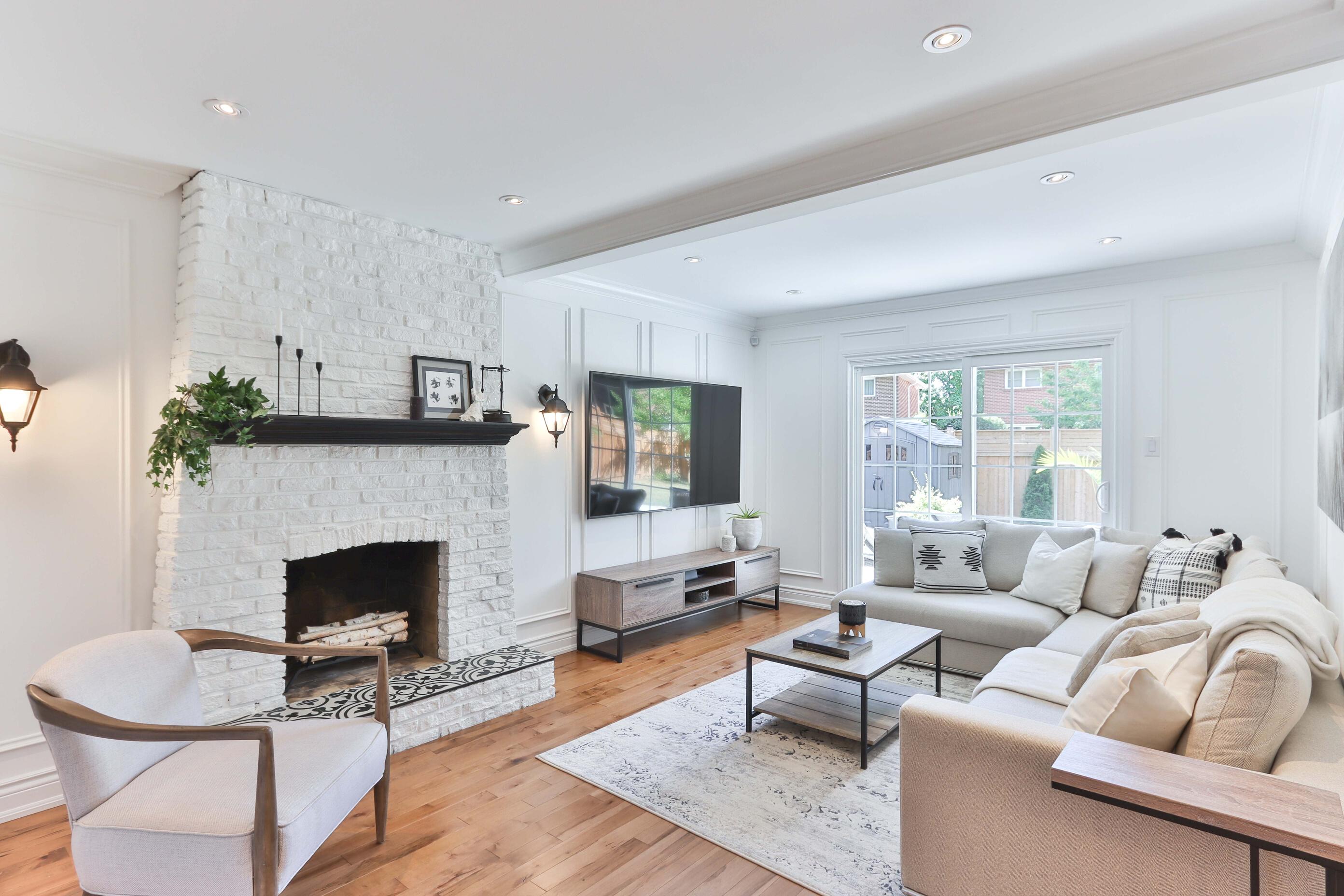
The housing market moves quickly and we want to be sure that you have all of your details in order before you fall in love with a home. It is our job to make sure that you come to the negotiating table as strong as possible.

A purchase offer with a pre-approval letter proves to be more appealing to sellers because it shows that any possible financing obstacles have been addressed in advance. Sellers and their agents prefer local lenders that have local underwrites instead of a national bank or brokerage. While you are free to work with any lending institution that you chose, we can recommend several trusted local lenders we have worked with many times in the past that have delivered great results for our clients.
If you have been offered an amazing rate or loan program from a national company, that doesn’t mean you need to change who you are working with.
We will work closely with your mortgage team throughout the process to make sure the proper paperwork is submitted at the right time so you have no surprises at the closing table.
In order to be pre-qualified, a lender may or may not check your credit score and won't require documentation, only going off what you tell them. This will give you an idea of what you could qualify for, but when you're serious about buying, you'll need to get pre-approved.
To be pre-approved, the lender will pull your credit and ask you for documentation to verify your finances. Before making an offer on a house, it is best to get pre-approved to show sellers your offer is serious and that a lender has already approved you for enough money to purchase the home.

bureaus
a subtle formula
they don’t publicize to distill your credit history into a single score. One of the things that can cost you points on your credit score is to have numerous inquiries over an extended period of time. So, you should not worry about what mortgage

approvals
diligent
pick
a single inquiry on your credit
do to your credit reports if you
work
few
cost you is five points.
score, which can range
300 to 850,
make a difference with your loan
suffer even less than that. Unless you are seeking a new mortgage and are right on the cusp between a good credit score and a fair credit score, five points
This is a very common fear of home buyers. Getting pre approved is a benefit to you as the buyer because it will give you confidence to write offers and prevent any heartache down the road. In a competitive market like ours, a good agent and smart seller will not even consider looking at a financed offer without a pre approval letter.

All of the credit bureaus understand the complex timing of getting a mortgage. Therefore, they have instituted measures to avoid reflecting pre approval inquiries on credit reports. For instance, if you are shopping around for the best rate, and several mortgage companies make credit inquiries about you within 45 days of each other, all of those inquiries will be bundled into a single event with minuscule effect on your credit report. Your credit report also does not include any credit inquiries made within 30 days prior to your loan application. It is therefore, nearly impossible that the mortgage pre approval process will cause enough damage to your credit score to hurt your mortgage terms, so don’t worry. Getting pre approved for the mortgage you want won’t hurt you, but featured on the next page are certain do’s and donuts which may affect the outcome of your loan request.


most
through private
Loans designed for those with high debt-to-income ratios and low credit scores, and most commonly issued to first-time homebuyers. Offered by FHA-approved lenders only and backed by the Federal Housing Administration.

Loans designated for veterans, spouses, and reservists, offered through private lenders and guaranteed by the U.S. Department of Veteran Affairs.
Loans for homebuyers in designated rural areas, backed by the U.S. Department of Agriculture.
Any of these types of changes could jeopardize your loan approval. It's standard procedure for lenders to also do a final credit check before closing

or Lease a Car
Payment
Line
Money
Credit
Major Purchase
home
We know you can find lots of listings on sites like realtor.com, Zillow, Trulia, RedFin and HotPads. In fact, research tells us you’ve probably been looking for homes on at least one of the services in the last six months. The only problem we have with these sites is that many of the listings can be inaccurate or outdated. We prefer that you look at the most live and accurate data available on the MLS
We like to initiate an initial discovery period with our clients. It is important to us that we do our due diligence to be sure that you are well informed about what is available to you before you make the offer. We will work with you to learn exactly what you want to spend and even determine some standards and criteria that you might not have thought of yet. We’ll go on neighborhood driving tours and we’ll narrow our search as we go.



Using our customized home searching tool (a live feed from the MLS, the source all home listings information on the web), we’ll create a private online portal for you where we can interact together. You will get daily updates on new listings directly from the MLK as we’ll show you how to adjust the search criteria at your will, mark your favorite homes, and ditch property listings that you dislike. We’ll show you how we can leave comments for each other, making the process as collaborative as you want it to be. Learning all of your preferences helps us keep an eye out for properties that might be coming on the market, allowing us to show you these properties before they are listed on the MLS.
If you are interested in a home that is “for sale by owner” especially if the seller is a friend or colleague let us make the call and manage the negotiation on your behalf. It is proven that your outcome will be better than if you try to manage it yourself. We will tour property with you until your next home, then we’ll make the offer. Once you are under contract, we will keep you informed of all the important dates and deadlines that you are obligated to abide by in the contract and keep the process moving forward on schedule.

Here is a list of topics we explore together prior to formulating your offer…
We analyze the listing price:

What other homes were for sale in the neighborhood?
What is the price per square foot of other comparable homes that have recently sold in the area?
How long has this property been on the market?
We explore your needs:
Do you need any seller concessions which are seller paid closing costs that come from the cash proceeds of the sale? Closing costs such as title, escrow, and lender fees usually cost between 1 3% of the sales price
We advise you when there are multiple offers:
Please understand that this is not uncommon for homes priced right for the market and in great condition. Sellers will pick one offer and will exclusively work with that buyer. We will advise you on how to write your best and final offer including writing a letter about yourself with a picture of you and your family. Making the sale personal often works to gain favor with the seller. This is another area where a local lender really helps your case. We can arrange for our contacts at each local bank to reach out to the listing agent on the property you have made an offer on to make sure they understand how strong your mortgage application is.
When we have found a home that you ' re interested in buying, we will quickly and strategically place an offer. There are several factors to consider that can make your offer more enticing than other offers:

We will decide on a reasonable offer price based on:
Current market conditions
Comparable properties recently sold in the area
The property value of the house
The current condition of the house
Paying in cash versus taking out a loan offers a faster closing timeline and less chances of issues arising, making it more appealing to sellers.
An offer that includes a larger earnest money deposit presents a more serious and competitive offer.
Include a letter to the sellers with your offer, letting them know what you love about their home. Adding this personal touch can give you an advantage over other offers by making yours stand out from the rest.
An offer with a shorter timeframe for closing is generally more attractive to sellers over one with an extended time period with a house sale contingency. A typical closing timeframe is 30-45 days.
To determine loan eligibility, lenders typically require the following types of documents from each applicant:
INCOME:
Federal tax returns: last 2 years
W-2s: last 2 years
Pay stubs: last 2 months
Any additional income documentation: pension, retirement, child support, Social Security/disability income award letters, etc
ASSETS:
Bank statements: 2 most recent checking and savings account statements
401(k) or retirement account statement and summary
Other assets: statements and summaries of IRAs, stocks, bonds, etc.
OTHER:
Copy of driver's license or ID and Social Security card
Addresses for the past 2-5 years and landlord's contact info if applicable

Student loan statements: showing current and future payment amounts
Documents relating to any of the following if applicable: divorce, bankruptcy, collections, judgements or pending lawsuits

Create a list of what you want in your new home. Include must haves as well as what you would like to have but aren't deal breakers.
Determine the features you are looking for in your ideal home and prioritize which items are most important to you. No house is perfect, but this will help us find the best match for you.

OF HOME:
Single Family Home
OF HOME:
Move-In Ready
FEATURES:
Square Footage:
Work Needed is OK
Garage
Location/Neighborhood/School District:
Fixer Upper
or Large Yard
Drive around neighborhoods that interest you to get a feel of the area, how the homes are cared for, what traffic is like, etc.
Talk to family, friends and co-workers to see if anyone might know of a house for sale in an area you're interested in. One of them may even know of someone that's thinking about selling but hasn't put the house on the market yet.
KEEP AN OPEN MIND
Finding your dream home isn't always an easy task! Have a priorities list but keep an open mind when viewing houses.
When you visit multiple houses it gets difficult to remember specific details about each one. Take photos and notes while touring houses so that you can reference them later when comparing the properties that you've seen.
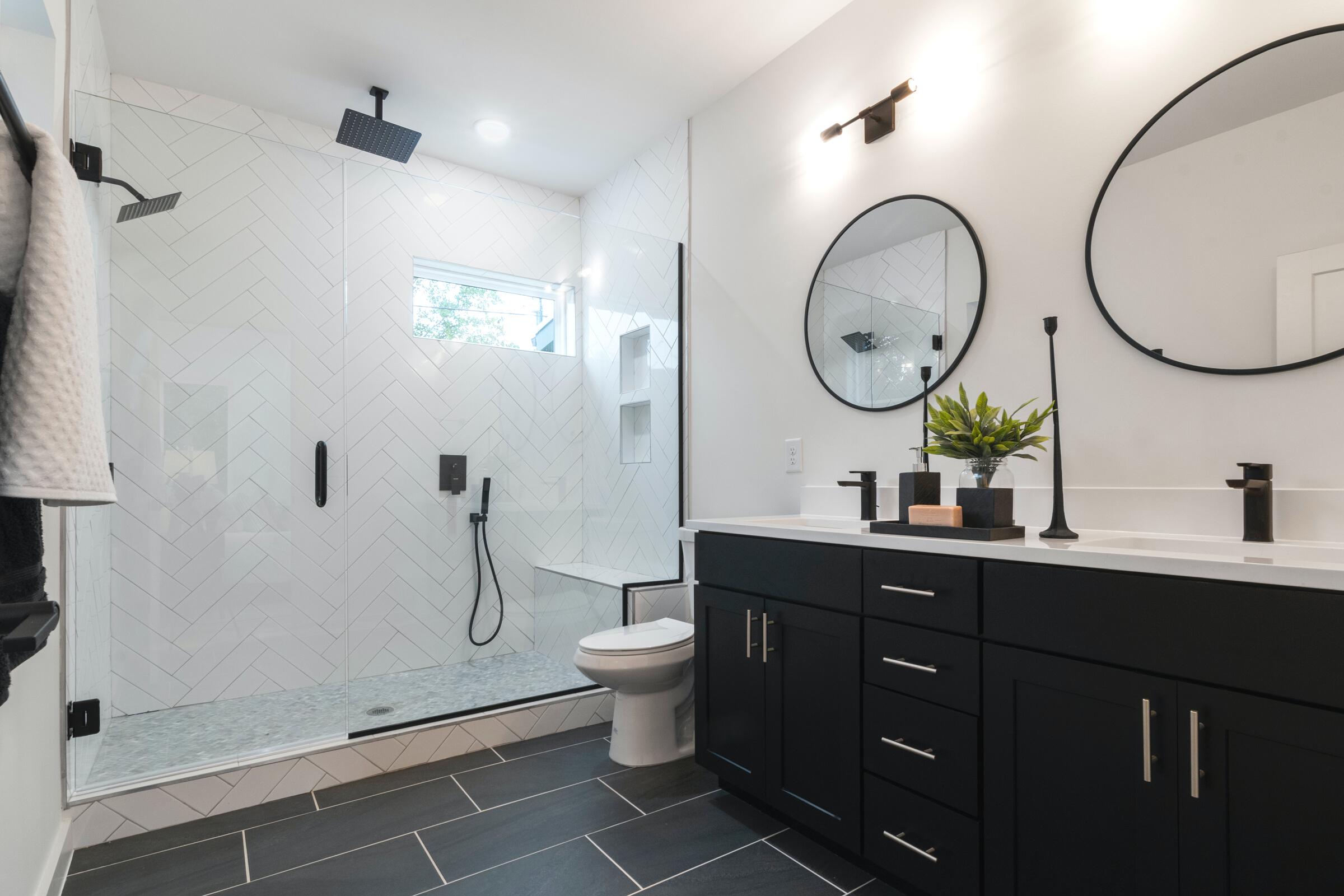
When you find a home you want to buy, keep in mind there may be others interested in it as well. Be ready to make a solid offer quickly in order to have the best chance at getting that home.

A seller can accept or decline your offer, or come back with a counter offer. If they send you a counter offer, be prepared to negotiate to come up with reasonable terms for both parties. This process can go back and forth until an agreement is made.
Once you and the seller have agreed on terms, a sales agreement is signed and the house is officially under contract and in escrow. Here are the steps that follow:
Your earnest money deposit will be put into an escrow account that is managed by a neutral third party (typically a title company or bank) who holds the money for the duration of the escrow period. They will manage all the funds and documents required for closing, and your deposit will go towards your down payment which is paid at closing.
Home inspections are optional but highly recommended to make sure that the home is in the condition for which it appears. Inspections are typically completed within 10-14 days after signing the sales agreement.
The home inspection will tell you if there are any dangerous or costly defects in the home that need to be addressed. You can then choose to either back out of the deal completely, ask for the seller to make repairs, or negotiate a lower price and handle the repairs yourself.
Once you've come to an agreement on the final offer, it's time to finalize your loan application and lock in your interest rate if you haven't done so already. You may need to provide additional documentation to your lender upon request.
An appraisal will be required by your lender to confirm that the home is indeed worth the loan amount. The appraisal takes into account factors such as similar property values, the home's age, location, size and condition to determine the current value of the property.
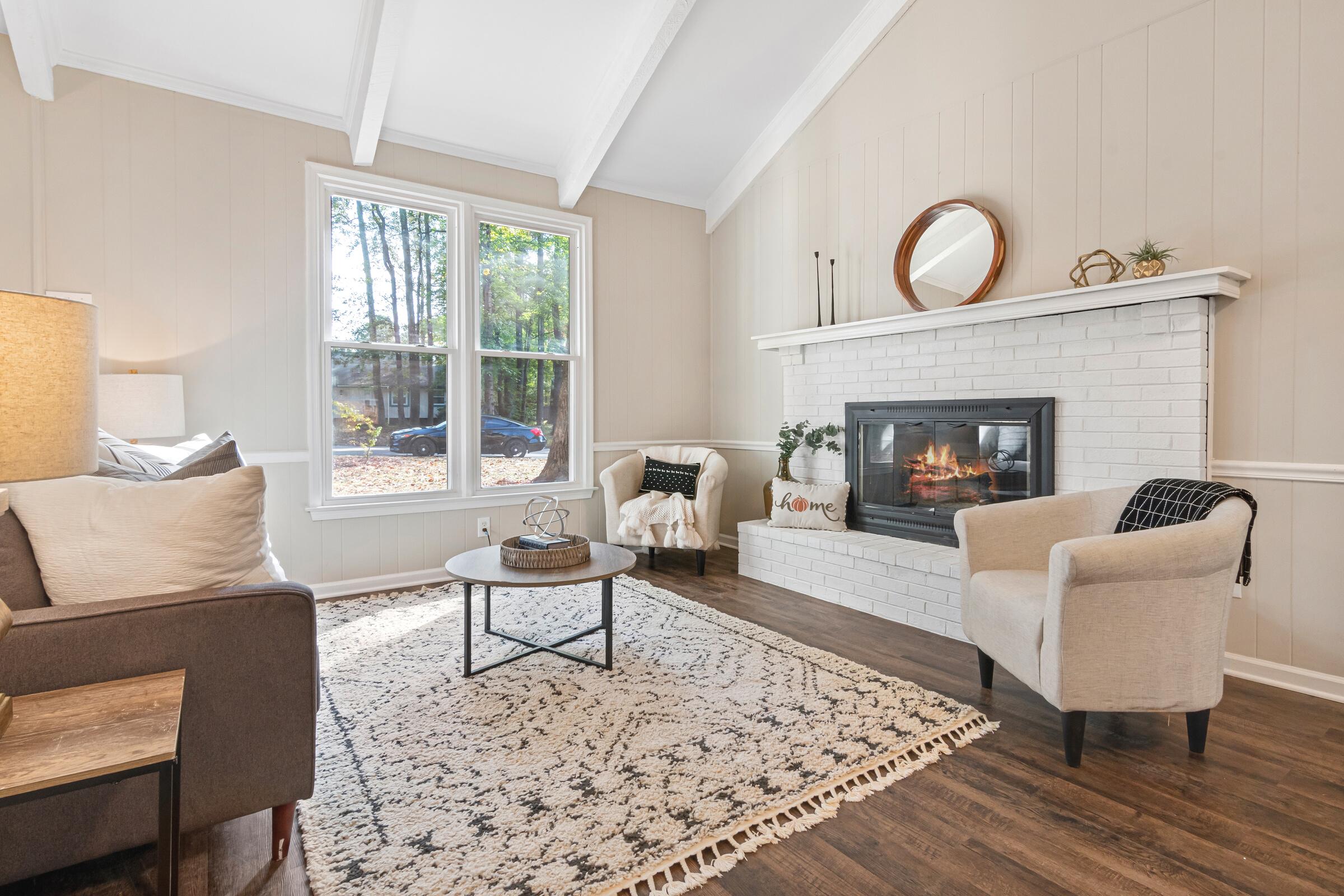
Most lenders require both homeowner's insurance and title insurance. See following pages for more detailed information on each of these.
At least 3 days before closing, lenders are required to provide you with a Closing Disclosure with your final loan terms and closing costs for you to review. Closing costs for the buyer typically range from 2-5% of the purchase price, which can include lender fees, lender's title insurance, and HOA dues if applicable.

Within 24 hours of closing we will do a final walk through of the home before signing the final paperwork. This last step is to verify that no damage has been done to the property since the inspection, that any agreed upon repairs have been completed, and that nothing from the purchase agreement has been removed from the home.
Homeowners insurance protects your home and possessions against damage and theft and is required by lenders before finalizing your loan. Policies vary and are completely customizable, so it's recommended to get quotes from multiple companies to compare price, coverage and limits.

Homeowners insurance typically covers destruction and damage to the interior and exterior of a home due to things like fire, hurricanes, lightning, or vandalism. It also covers loss or theft of possessions, and personal liability for harm to others.
Most policies do not cover flood or earthquake damage, and you may need to purchase an additional policy for this type of coverage.
Rates are mostly determined by the insurer's risk that you will file a claim. The risk is based on your personal history of claims, frequency and severity of claims, past history of claims on the home, as well as the neighborhood statistics and the home's condition.
Many insurance companies offer discounts to seniors, and also to customers who have multiple policies with them, like auto or health insurance. Having a security system, smoke alarms and carbon monoxide detectors can also lower annual premium rates. When getting quotes, be sure to ask each company about their discounts and cost savings options.
Title insurance protects the lender and/or homeowner from financial loss against claims regarding the legal ownership of a home.
There are two types of title insurance: one for lenders and another for homeowners. Lender's title insurance is required by lenders but it does not cover you. A separate homeowners policy is needed to protect yourself from a claim on your home, and from being held financially responsible for possible unpaid property taxes from previous owners.
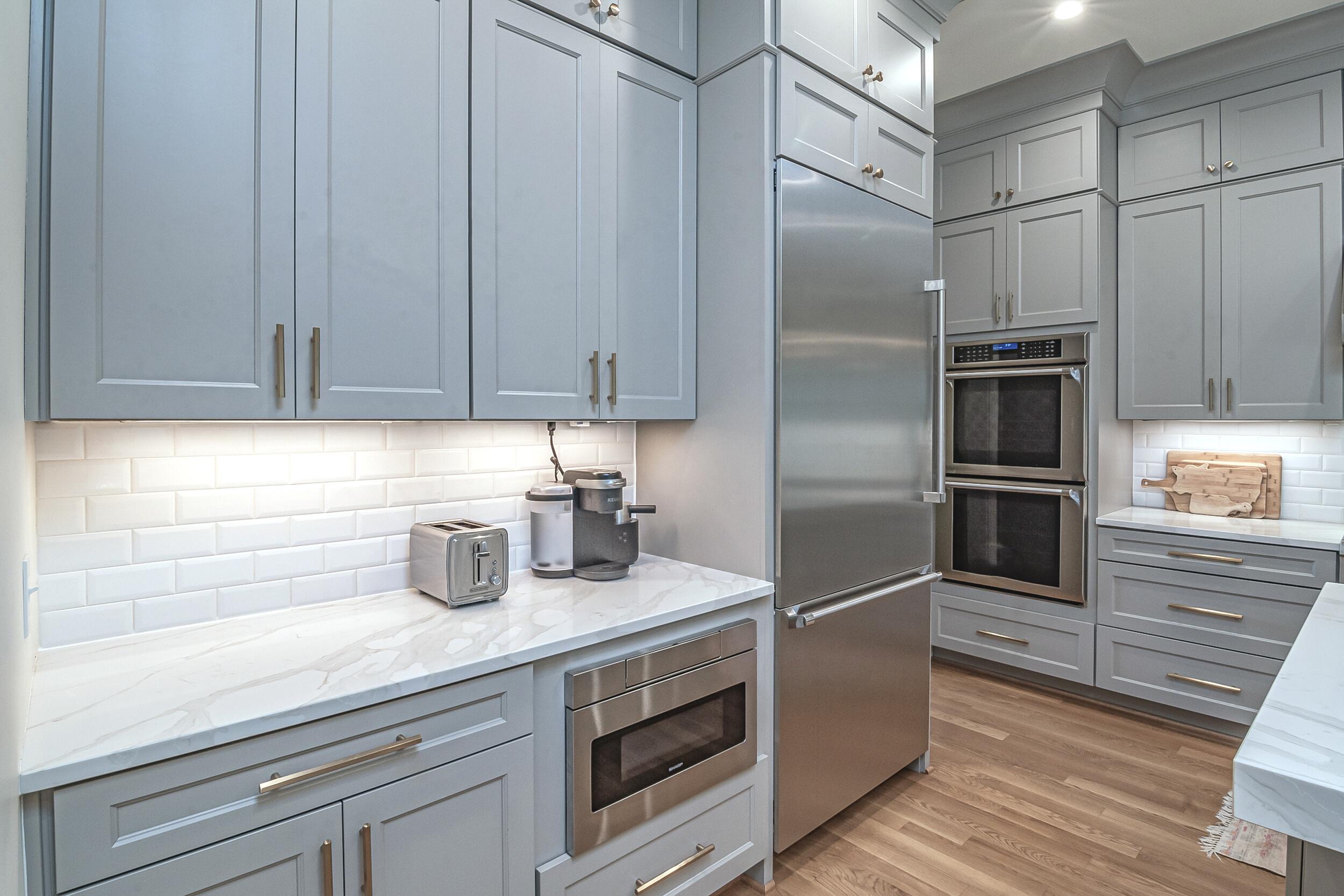
While most lenders require a title search, the title insurance ensures that if anything is missed during the search, those insured will be protected if any legal issues arise.
Title insurance is a one-time fee that is paid at closing, which costs between $500-$3,500 depending on the state, insurance provider and the purchase price of the home. Some companies will offer a discount if you bundle the lender's and owner's policies, but typically the buyer purchases the lender's policy and the seller pays for the owner's policy.
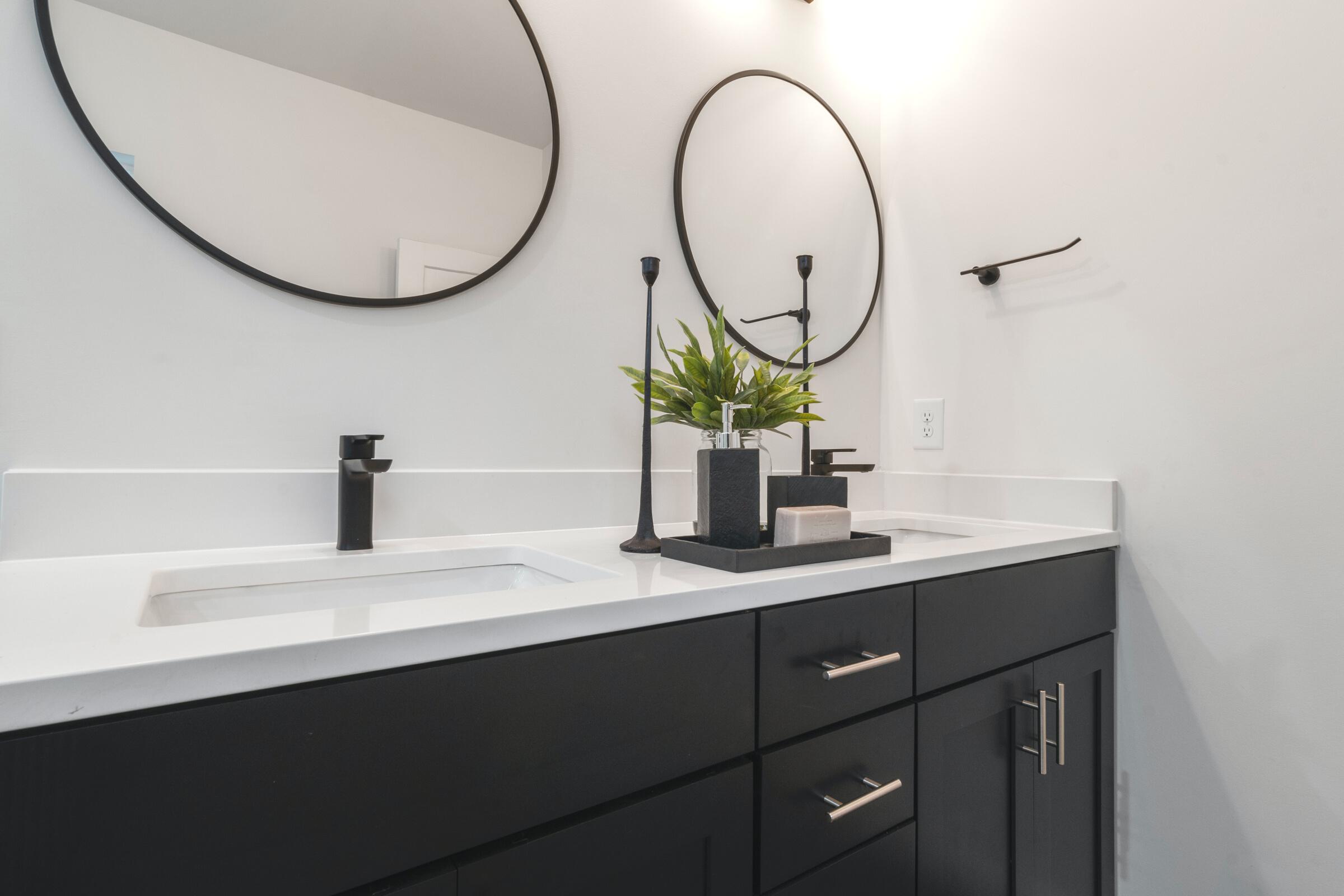
Closing is the final step of the buying process. On the day of closing, both parties sign documents, funds are dispersed, and property ownership is formally transferred from the seller to the buyer.
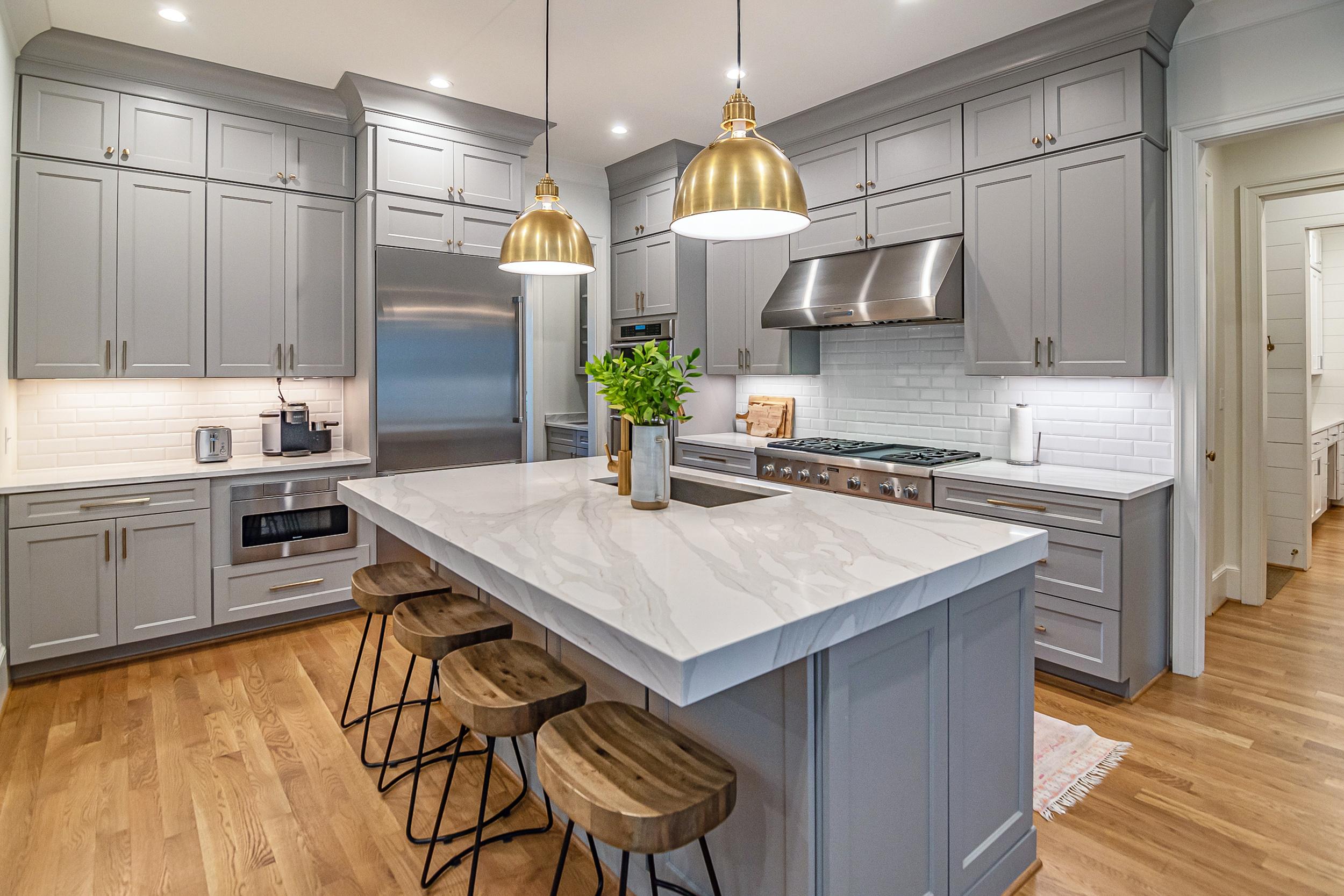


Thank you for trusting me in hyour ome buying Ijourney. t is my pleasure and honor to help you find your next home.